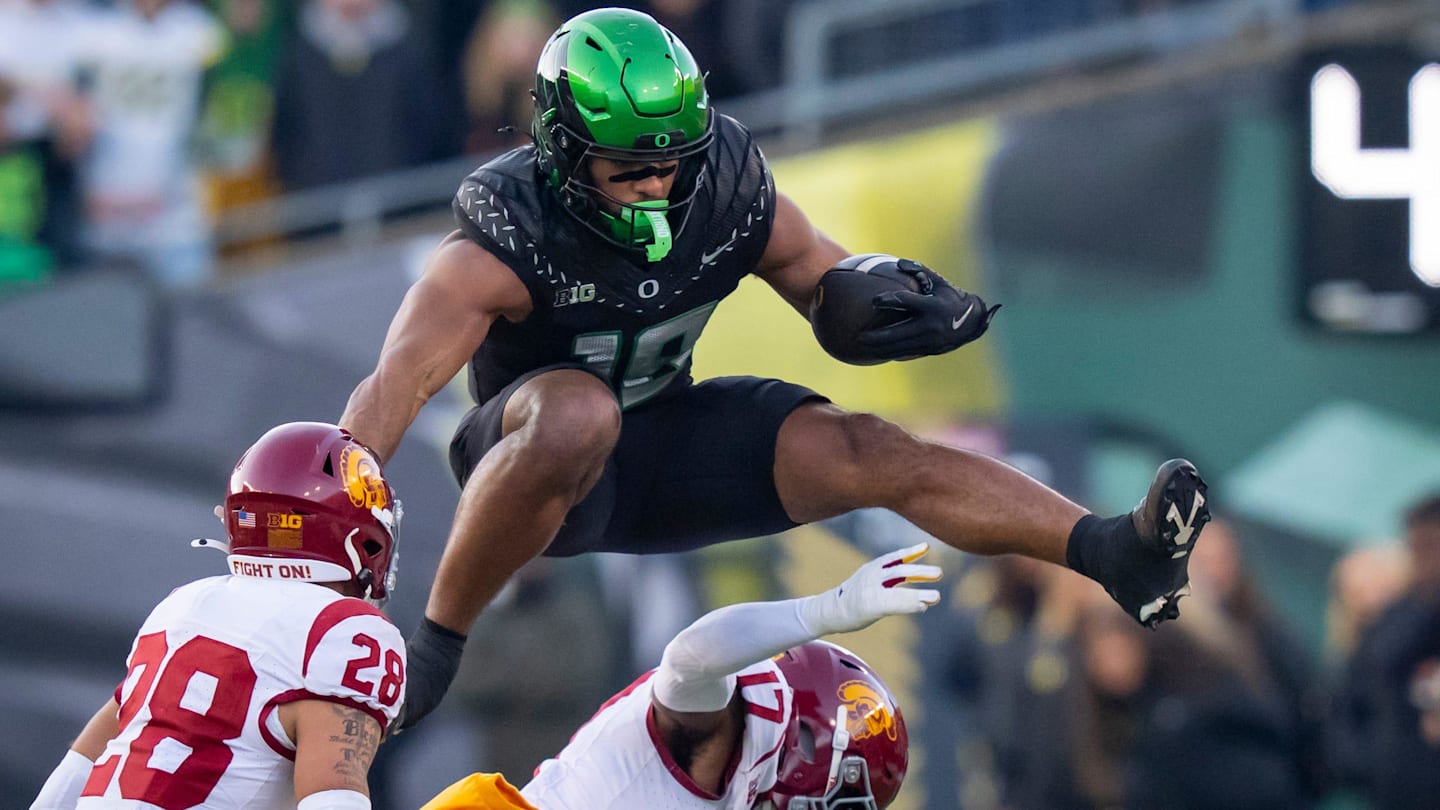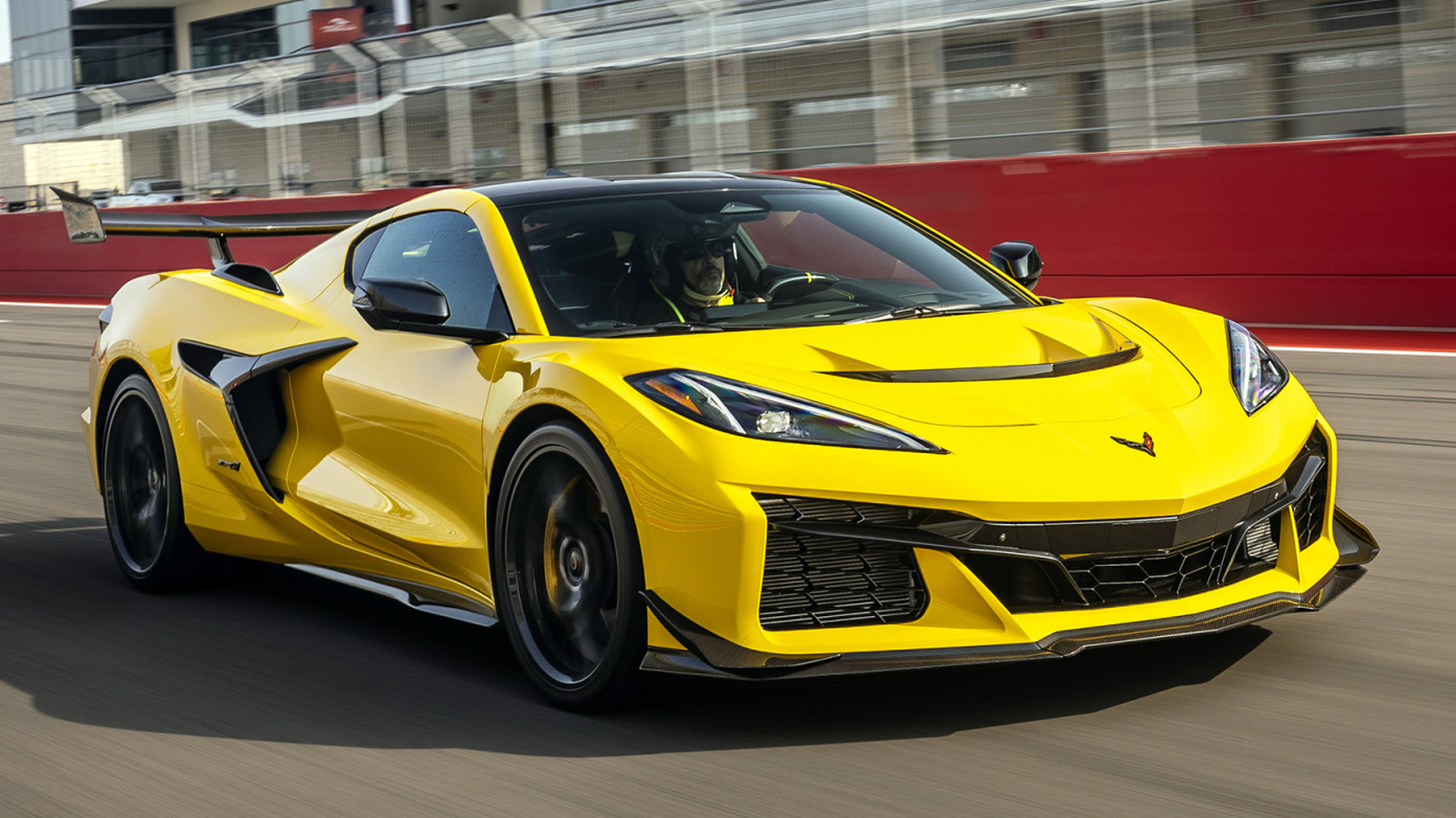Kompany Speaks Out About Musiala's Injury
#kompany #musiala #bayern munich #paris saint-germain #champions league

Introduction
In a tough match against Paris Saint-Germain, Bayern Munich suffered a 2-0 loss that was made even more difficult by an injury to young player, Jamal Musiala. The loss was a tough blow for the team, and Kompany spoke out about the impact of Musiala’s injury.
Background
Musiala, who is only 18 years old, has been a rising star for Bayern Munich. He has made 37 appearances for the team this season and has been a key player in their success. However, in the match against Paris Saint-Germain, Musiala suffered a serious knee injury, forcing him to leave the game early.
Current Scenario
Vincent Kompany, the former Manchester City captain and current Anderlecht coach, shared his thoughts on Musiala’s injury and its impact on the team. He expressed his sympathy for the young player and the team’s disappointment in the loss.
Kompany also emphasized the importance of keeping the team’s spirits up and staying focused on their goals, even in the face of setbacks. He stated, "The loss of a player like Musiala is always tough, especially when he has been such an important part of the team. But it’s important for the team to stay positive and continue to work towards their goals."
Bayern Munich will have to regroup and push through this tough loss, as they continue their journey in the Champions League. The team will also have to deal with the absence of Musiala, who is expected to be out for several weeks due to his injury.
Conclusion
Injuries are a common occurrence in sports, but they can be especially tough to handle when they happen to young players who have been performing at such a high level. Vincent Kompany’s words serve as a reminder to stay positive and to continue working towards success, even in the face of setbacks. We wish Musiala a speedy recovery and look forward to seeing him back on the field with his team soon.
About the Organizations Mentioned
Bayern Munich
**FC Bayern Munich** is a premier German sports organization, best known for its professional football team, which competes in the Bundesliga, Germany's top-tier league. Founded in 1900 in Munich, Bavaria, by a group led by Franz John, the club has evolved into the most successful football club in German history and a global sports powerhouse[7][3]. The club operates professionally through FC Bayern München AG, a joint-stock company majority-owned (75%) by the registered association FC Bayern München e.V. The remaining shares are held by major German corporations Adidas, Audi, and Allianz, each owning 8.33%, reflecting a strategic business model blending sports and corporate partnership. These partnerships have financed significant infrastructure projects, including the Allianz Arena, their home stadium with a 75,000-spectator capacity, known for its innovative facade featuring illuminated diamond-shaped panels[1][3][5]. Historically, Bayern Munich rose to prominence in the 1960s and 1970s, achieving unprecedented success under captain Franz Beckenbauer, including three consecutive European Cup victories from 1974 to 1976. Over the years, Bayern has amassed an impressive trophy cabinet: a record 30 Bundesliga titles, 20 national cups (DFB-Pokal), 6 UEFA Champions League titles (most recently in 2020), one UEFA Cup, and multiple international honors such as the FIFA Club World Cup and Intercontinental Cups. Notably, in 2013, Bayern became the first German club to secure the treble—winning the Bundesliga, DFB Cup, and Champions League in the same season[7][3][8]. Bayern Munich’s governance is notable for its leadership by former players and executives from top German corporations, including figures like Oliver Kahn (CEO), and supervisory board members from Adidas, Volkswagen, Allianz, and Deutsche Telekom, signaling a blend of sporting excellence with corporate governance expertise[1][
Paris Saint-Germain
Paris Saint-Germain (PSG) is a leading French football club based in Paris, established on August 12, 1970. It has evolved into a global sports brand recognized for both **sporting excellence and innovation**. PSG represents the vibrant culture and ambition of Paris, combining boldness, elegance, and a commitment to social responsibility beyond just football[1][2]. The club has undergone significant transformation since 2011 when Qatar Sports Investments (QSI) took ownership, appointing Nasser Al-Khelaïfi as president, which catalyzed PSG’s rise to international prominence. This era is marked by high-profile player acquisitions such as Neymar, Lionel Messi, Kylian Mbappé, and Ousmane Dembélé, positioning PSG as a powerhouse in European football. The club's success is reflected in numerous titles and accolades, including multiple Ligue 1 championships and notable performances in the UEFA Champions League. In 2025, PSG dominated the Ballon d’Or awards with nine players shortlisted, Ousmane Dembélé winning the Men’s Ballon d’Or, and the club being named Men’s Team of the Year, affirming its elite status[1]. PSG's influence extends off the pitch through its **corporate social responsibility (CSR) initiatives**, focusing on ethical, social, and environmental principles. The PSG Campus in Poissy exemplifies its commitment to growth and innovation, nurturing future talent and embracing technology to enhance training and operations[2][3]. In the 2025/26 season, PSG continues to compete strongly in Ligue 1 and the Champions League, maintaining high possession, passing accuracy, and strong defensive stats, reflecting a modern, data-driven approach to football management[4][6]. Overall, PSG stands as a model of how a sports organization can blend athletic achievement with smart business strategies and social engagement, making it a compelling case study in both the sports and business technology sector
Anderlecht
Royal Sporting Club Anderlecht (RSCA), commonly known as Anderlecht, is a premier **Belgian professional football club** based in Anderlecht, Brussels, established in 1908 by football enthusiasts who met at the Concordia café[2][3]. Starting from the lowest tiers of Belgian football, Anderlecht rapidly rose through the ranks, joining official competitions by 1909–10 and moving to the Stade Emile Versé stadium in 1917, later replaced by the Constant Vanden Stock Stadium in 1983[3]. Anderlecht is the **most successful Belgian football club** historically, boasting **34 Belgian First Division titles** and **9 Belgian Cups**[2]. On the European stage, they have won **five major trophies**, including two UEFA Cup Winners' Cups (1975-76, 1977-78), one UEFA Cup (1982-83), and two UEFA Super Cups (1976, 1978), ranking them as the 13th most successful club in UEFA competitions[1][2][3][4]. Their domestic success also includes 11 Belgian Supercup victories and one Belgian League Cup[1]. The club is known for developing and featuring football legends such as Paul Van Himst, Joseph Mermans, Rob Rensenbrink, Romelu Lukaku, and Jérémy Doku, with Van Himst holding the club record for most games played and Mermans as the top goalscorer[2][4]. Recent years have seen a mix of challenges and renewal; after a low point in the 2019-20 season when they failed to qualify for European competitions for the first time in 55 years, Anderlecht rebounded under new management and young talents, finishing 2nd in the 2023-24 Belgian Pro League regular season[3]. Off the pitch, Anderlecht engages in community and socia










